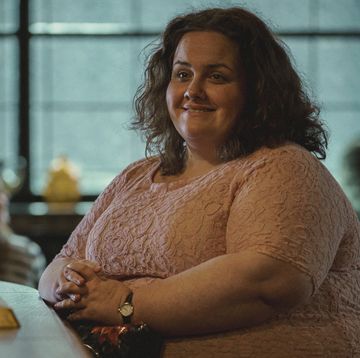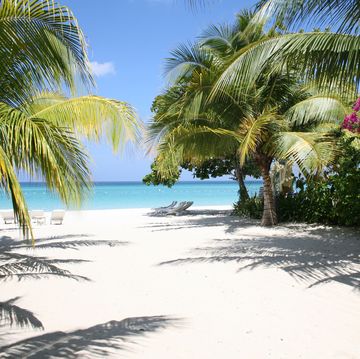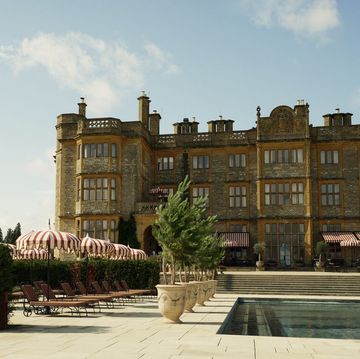Words: Paris Lees
What does it feel like to be trans in 2015? I’m trans, but don’t ask me. There are as many ways to feel trans as there are trans people.
One thing I do know is that growing up on a Nottingham council estate in the 1990s wasn’t a barrel of laughs. You didn’t hear much about trans people back then. I was bullied at school for being ‘too girly’ and then at home, my dad would give me a clip around the ear for ‘talking like a poof’. Life can be tough for trans kids and, often, the very people who are supposed to love and protect us – our families – are our biggest source of hostility.
Like many trans people, I knew I was ‘different’ from an early age, but people told me I had to be a boy, ‘because you’ve got a willy’. It was only when I hit my teens and started to question the world that the possibility for gender transformation became real. I was 14 when I met a trans person for the first time. I used to sneak into nightclubs, which is where I met Steffi, who was incredibly exciting to me. My first words to her were: ‘Are you a man or a woman?’ I would never ask anyone that now – it’s rude – but she just laughed and soon we became best friends. I never laugh as hard as I do with Steffi, and she made me realise that I didn’t have to be a boy if I didn’t want to be. Nadia Almada winning Big Brother in 2004 helped, too.
Like many trans people, some of my family rejected me when I transitioned to female aged 19, right when I needed them most. I remember feeling swollen with a toxic mix of anger, bitterness and resentment. I turned to prostitution for a few years to pay for things I could never have afforded, like laser hair removal. And rent. It boosted my self-esteem, too – after all, the men desired me. I had a lot of great sex back then, and made a lot of money. I don’t know how much I’ve spent on my appearance over the years, but I’d say it’s about £30-40k in total. Money helped but, looking back, I think I could have done with a big hug, too.
My GP didn’t know anything about trans issues. I’d been dressing as a woman for two years without the hormones that help me to look more feminine today. It was hell, and to this day, my mind is still wallpapered with paranoia every moment I spend in public. When I finally found a good GP in Brighton, he referred me to a gender identity clinic straight away and I had my first appointment after a few months – a wait that, at the time, seemed liked it would go on forever.
At first, when I was still finding my style, I’d get abuse just for walking down the street. Not all the time, but often enough to give me a serious case of social phobia. I was terrified of public humiliation and stayed at home for weeks at a time to avoid the risk. Many people who transition later in life find it harder to ‘blend in’, and suffer as a result. I have friends who experience harassment every time they leave the house. As a community, we’ve come a long way but, for many trans people, it’s still very much the dark old days. Education is key to changing that. The sooner we help trans people, the less difficult and complicated their lives are likely to become.
The internet has changed everything – it has helped many people out of crippling isolation. Including me. YouTube showed me that trans people exist, and struggle, all around the world. In the West at least, we have a powerful support network, and a powerful collective voice to go with it. Trans people are changing the conversation – we’re bored of discussing ‘sex change’ operations because we’d rather talk about getting basic human rights. The push for transgender acceptance is a natural follow-on from the black civil rights movement, women’s liberation and gay equality. We’ve seen other marginalised groups question how they are treated by society, and fight to make their lives better. We want the same for ourselves.
But some people still fall through the net: like far too many young trans people, Leelah Alcorn took her own life in December 2014 after her religious parents tried to ‘cure’ her of being trans. She was 17. The news of her death affected me, and many other trans people, hard. I doubt there’s a trans person alive who hasn’t felt, at some point, that loneliness, and that sense of desperation and injustice. Trans people are often seen as defective, perverted or deluded. Being trans isn’t a choice, though, and listening with respect is the only way to break the pain cycle. If someone you know comes out as transgender, it’s important to love them for who they say they are.
I have a great relationship with my older sister Natalie, who has been a huge support all my life. I’m also really close to my mum. She found it hard when I first transitioned, but now she’s my biggest fan and is incredibly proud of me.
I’m a strong woman, but, for me, sometimes being trans means lying in a heap, crying my eyes out and feeling like I can’t cope, like I did the day I read about Leelah’s death. And then there are those days that I cry tears of pure joy as I marvel at the beauty our world has to offer. The unexpected scent of wild lavender. A smile from a stranger. I don’t care if you think it sounds corny. When you’ve been in a bad place, you know when you’re in a good place.
If, as a global community, we can learn to treat transgender people as people first and foremost, then the world will be a better place for all of us to live, love and hope.












